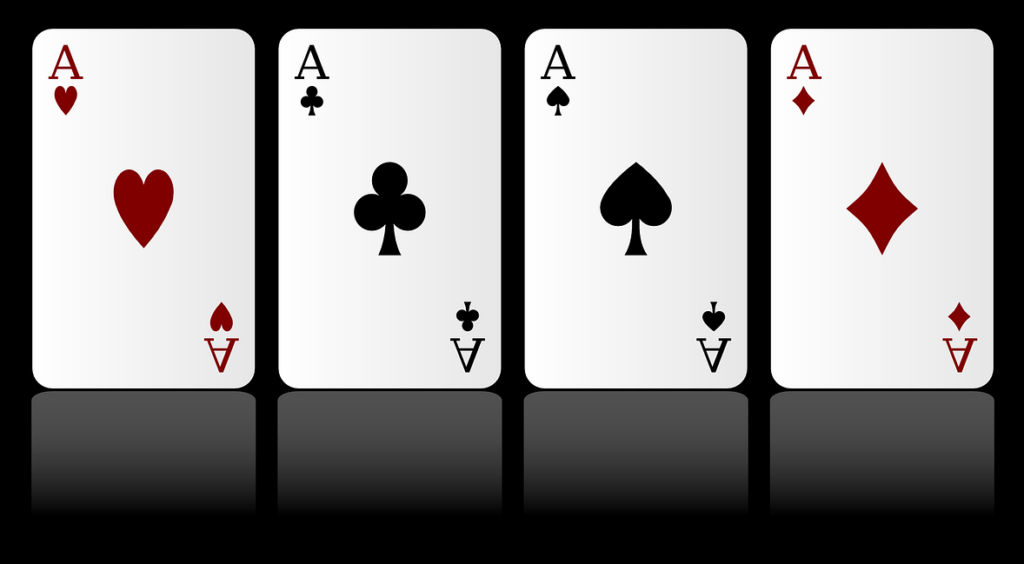
In the dynamic business landscape, age-old card games like Hearts, Spades, and Bridge surprisingly hold valuable lessons. These games, steeped in history, are not just about entertainment but also about developing cognitive and interpersonal skills, crucial in business environments. This article delves into how these timeless games offer strategic insights for business success.
Navigating Complexity with Hearts
Hearts, a game that intricately blends cooperation with individual tactics, mirrors complex business scenarios where understanding emotions and strategic decision-making are essential. The game’s concept of ‘shooting the moon’ mirrors high-risk, high-reward strategies in business, akin to launching a disruptive product or entering a new market.
Team Dynamics in Spades
Spades represent the essence of teamwork and predictive planning. It’s akin to managing a business project where collaboration and resource management are key. The silent signals between Spade’s partners reflect the unspoken understanding necessary in business teams to execute strategies seamlessly.
Bridge: The Art of Flexibility
The bridge is a testament to strategic foresight and adaptability. Players must not only strategize but also remain flexible, paralleling the need for businesses to adapt to changing market conditions, competitive dynamics, and consumer preferences. It teaches the balance between steadfast planning and agile responsiveness.
Euchre’s Lessons on Agility
Euchre’s rapid gameplay emphasizes the importance of swift, strategic thinking, a vital attribute in today’s fast-evolving business world. It prepares players for scenarios where quick decision-making is paramount, similar to responding to sudden market shifts or technological innovations in business.
Analytical Thinking with Cribbage
Cribbage transcends traditional card play, venturing into the realm of numerical strategy and probability. This mirrors the business world’s reliance on data analysis and informed decision-making. Playing Cribbage enhances the ability to interpret and utilize data effectively—a key component of modern business strategy.
Strategic Resource Use in Pinochle
Pinochle challenges players to optimally use their resources, akin to strategic resource management in business. It teaches the art of leveraging diverse assets—human, financial, and time resources—to gain a competitive edge. Pinochle’s complex scoring system parallels the intricate decision-making processes in business operations.
Conclusion: Time-Honored Business Strategies from Card Games
Classic card games like Hearts, Spades, Bridge, Euchre, Cribbage, and Pinochle are not merely pastimes but reservoirs of business acumen. They reinforce skills essential for modern business: collaboration, strategic foresight, adaptability, quick thinking, data literacy, and resource management.
Each game imparts distinct lessons: Hearts on emotional intelligence and risk management, Spades on collaborative strategies, Bridge on dynamic planning, Euchre on rapid decision-making, Cribbage on data-driven approaches, and Pinochle on maximizing resources.
These games exemplify that in business, the effectiveness of strategy and adaptability often outweigh the resources available. Their enduring relevance underscores their value in offering strategic insights and approaches that remain as pertinent in contemporary business as when these games were first played. The wisdom distilled from these card games continues to guide professionals through the complexities of the business world.
 Engineering Advantage - strategy in action (PDF)
Engineering Advantage - strategy in action (PDF) 